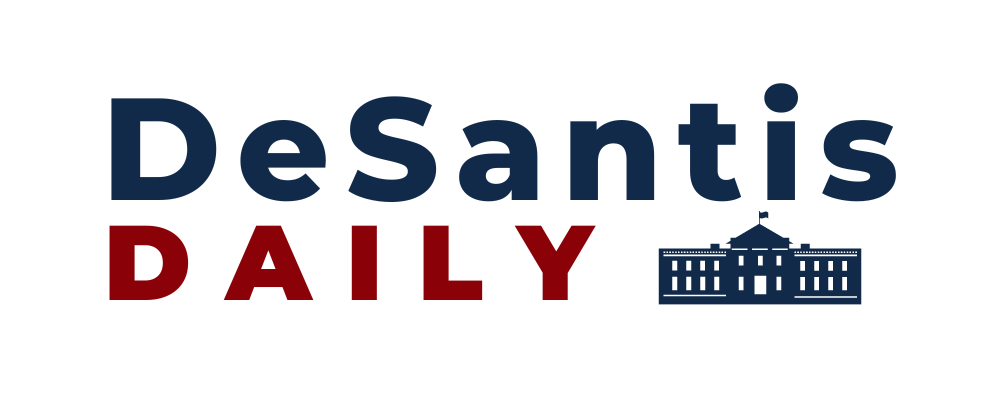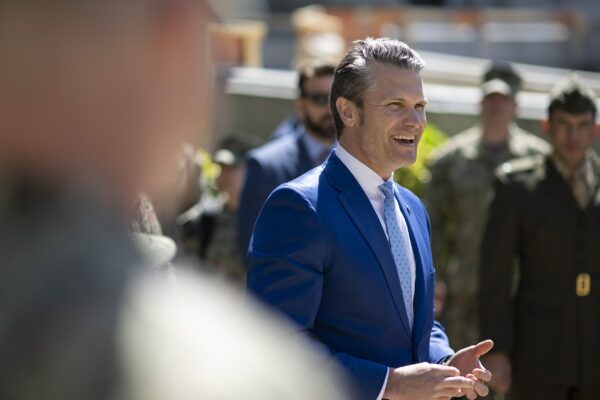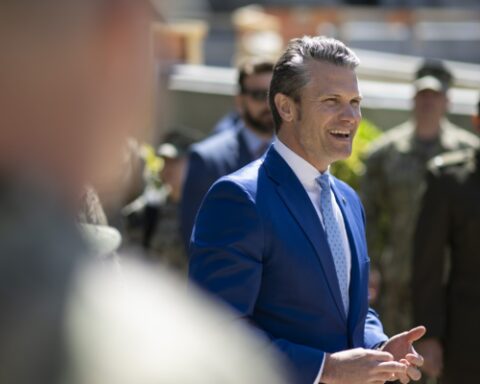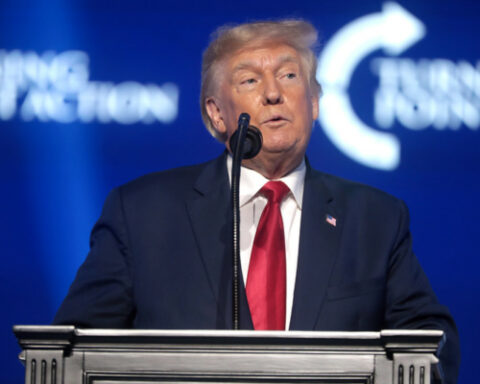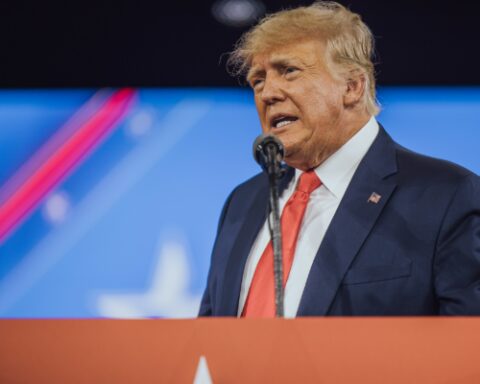Defense Secretary Pete Hegseth has now reportedly ordered the abrupt withdrawal of senior Pentagon officials from the Aspen Security Forum this week, signaling a profound shift in military engagement with globalist-aligned institutions.
In a move applauded by conservatives, Hegseth rebuffed what he described as an event that promotes “the evil of globalism,” reflecting the Trump administration’s commitment to patriotic principles and institutional sovereignty.
The Aspen Security Forum, held annually in Colorado, has long served as a bipartisan platform featuring senior military and foreign policy voices—spanning both Republican and Democratic administrations.
Thursday evening, however, the Department of Defense officially communicated its decision to disengage.
“Senior Department of Defense officials will no longer be participating at the Aspen Security Forum because their values do not align with the values of the DoD,” Pentagon spokesman Sean Parnell declared.
Citing the forum’s record, Parnell asserted it harbors “disdain for our great country, and hatred for the President of the United States.”
In a gesture of support, Secretary Hegseth shared a screenshot of the announcement on X (formerly Twitter), calling the forum a hotbed of globalist influence and affirming the department’s renewed focus.
The aggressive move was billed as essential to “revitalize the warrior ethos” and sustain the U.S. military’s commitment to national defense—not globalist agendas.
Conservatives hailed the decision as strategic and principled. For years American defense leaders have been criticized for attending forums that, critics say, prioritize multinational bureaucracies over American interests.
Hegseth’s action, they argue, reflects a return to foundational values: “peace through strength” and unwavering loyalty to country.
Liberal opponents warned that the absence of Pentagon voices could diminish critical dialogue on emerging threats and weaken the U.S.’s voice in global security conversations.
Yet Hegseth’s supporters counter that the forum’s ideological slant risks legitimizing anti-American narratives and marginalizing the military’s core mission.
By withdrawing, the Pentagon sends a clear message: external pressure and ideological conformity will no longer guide military policy.
This decision highlights a broader rift in U.S. foreign policy—a growing divide between establishment-style multilateral engagements and a conservative resurgence that prioritizes national sovereignty and strategic independence.
[READ MORE: Tucker Carlson Lashes Out at Trump Over Epstein “Cover‑Up” in Cabinet Room Rebuke]
